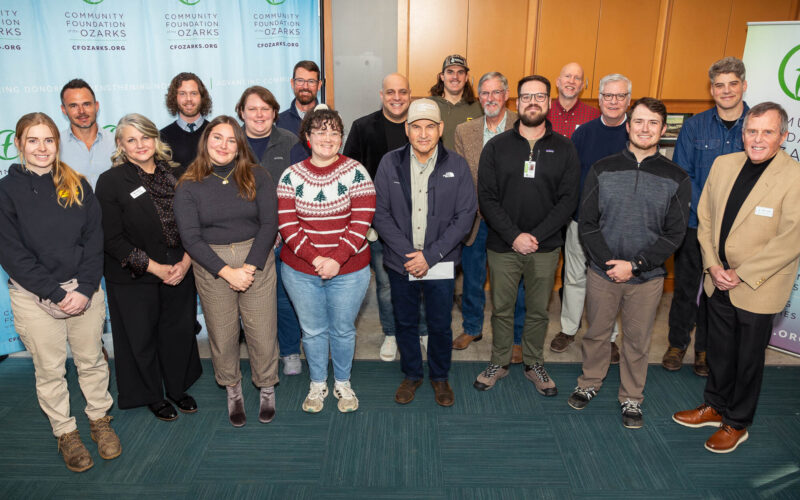May 4, 2022
Survey prompted by high turnover of local nonprofit leaders
Increased needs for service and demands on the nonprofit sector over the past two years of pandemic response has led to high turnover rates, loss of institutional knowledge and dramatically increased stress levels among the region’s nonprofit leaders.
These trends are among the findings of a survey of nonprofit leaders conducted by the Springfield firm Habitat Communication & Culture on behalf of the Community Foundation of the Ozarks.
Community and business leaders, nonprofit executives and board members are invited to a presentation about “The Realities of Leading a Non-Profit” survey, followed by an informal networking opportunity hosted by the CFO. The event will take place from 3:30 to 5 p.m., Tuesday, May 24, at the Jay Wasson Idea Loft at the eFactory, 405 N. Jefferson Ave. in Springfield. The presentation, starting at 4 p.m., also will be livestreamed at facebook.com/cfozarks/live.
The study by Habitat is based on data from about 120 nonprofit executives representing some of the largest providers of nonprofit services in central and southern Missouri. The region’s nonprofit sector provides a vital safety net for vulnerable residents in areas like health and mental health, food and housing security, and youth and senior needs that aren’t supported by the private sector or public tax dollars. Nonprofits often rely on uncertain revenue streams through grants and charitable funding and operate with minimal paid staff supplemented by volunteer support that was significantly reduced during the pandemic.
Among the findings in the study:
- Nonprofit leaders remain strongly committed to their organization’s mission, but about 30% intend to leave their positions within a year due to stress- and burnout-related issues.
- A majority say that while board members support their missions, they do not provide adequate feedback, evaluation, training or goal setting to help the leaders achieve professional growth and move the organizations forward.
- Due to labor shortages, inability to meet increased pay expectations and reduced volunteer support, nonprofit leaders are overwhelmed with additional responsibilities including custodial work, administrative tasks and interpersonal work such as filling in for open positions and counseling staff.
“We noticed an alarming trend of nonprofit leadership turnover this past year,” said CFO President Brian Fogle, explaining why the CFO commissioned the survey from Habitat. “Our region relies on a robust nonprofit community to provide so many essential services. As leaders, funders, board members and volunteers, we need to understand what’s happening so we can stem this loss of committed and knowledgeable nonprofit leaders.”


